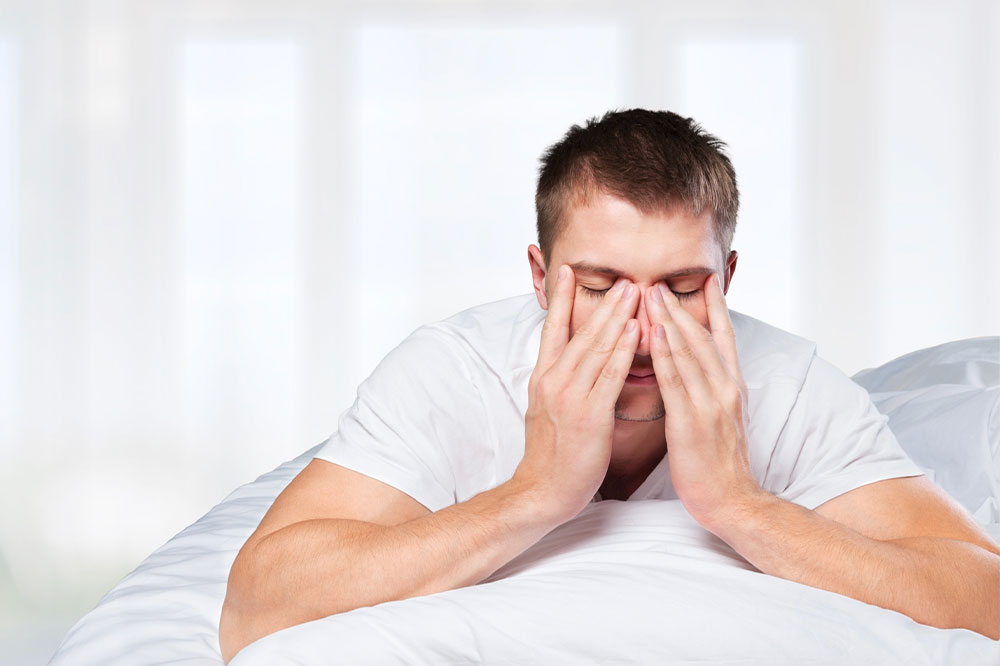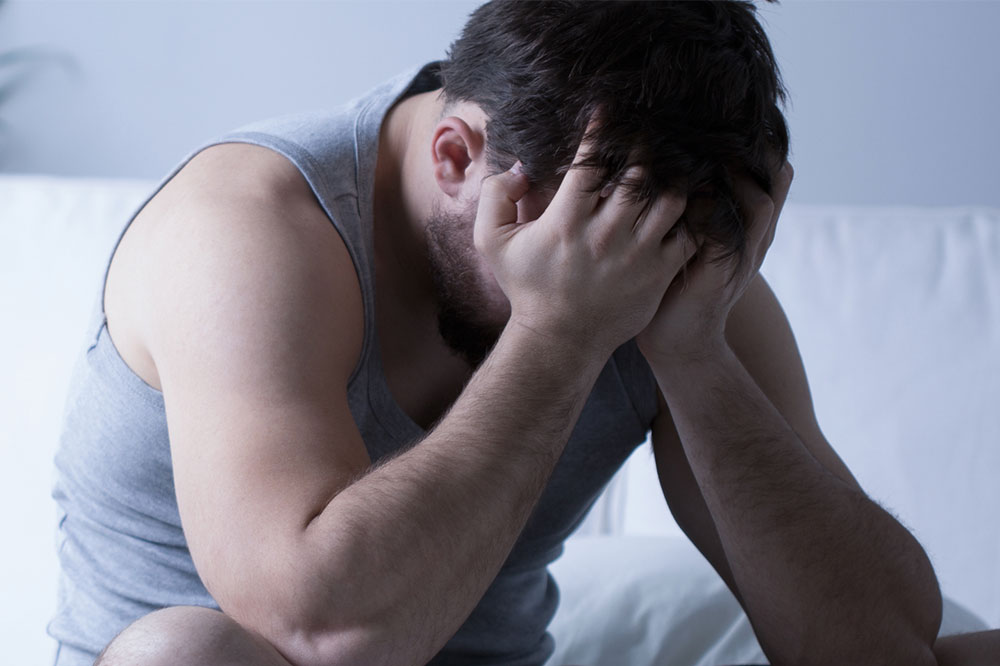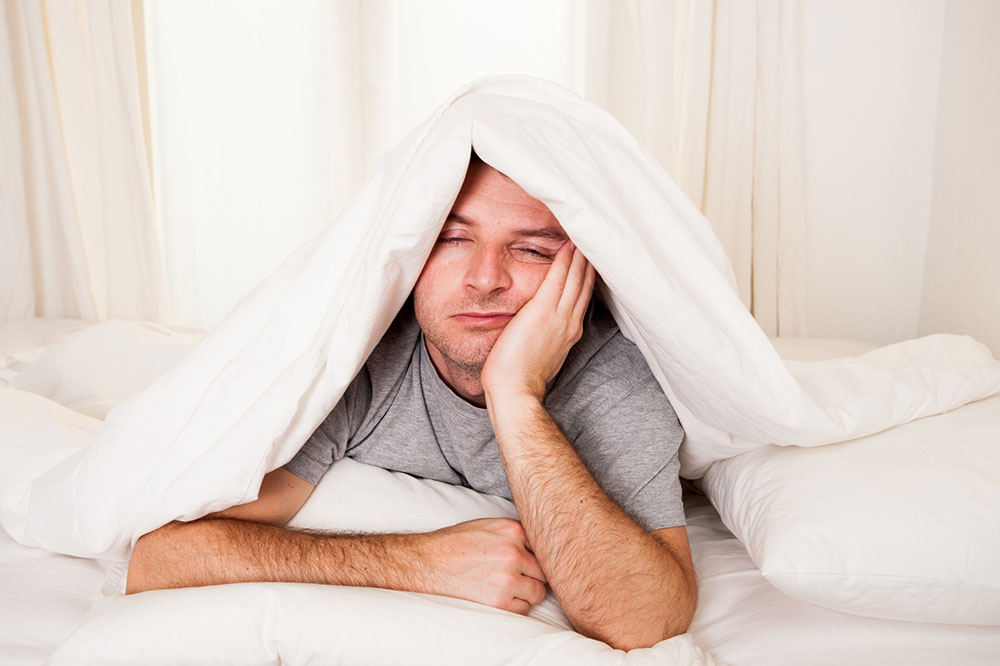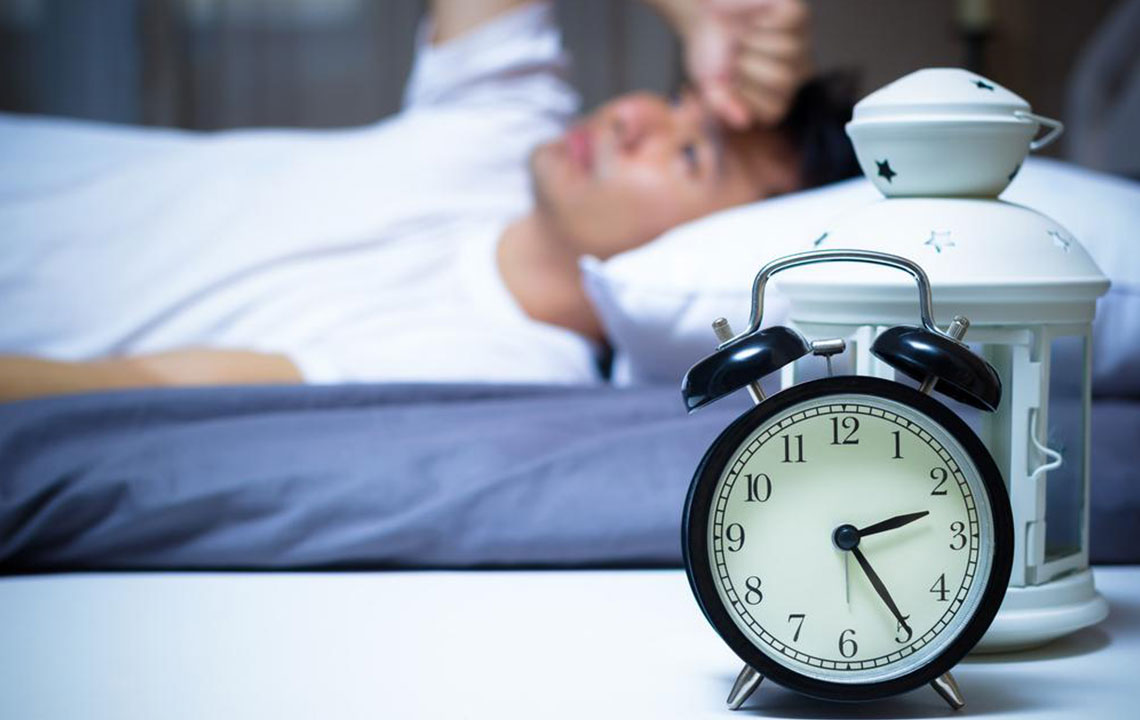Signs, Causes, and Types of Sleep Disorders: A Comprehensive Guide
This comprehensive guide explores the common symptoms, causes, and types of sleep disorders. It highlights signs like persistent fatigue, breathing issues, and daytime sleepiness, emphasizing the importance of timely diagnosis and treatment. The article covers various sleep disorders including insomnia, sleep apnea, parasomnias, restless legs syndrome, and narcolepsy, offering insights into their symptoms and underlying causes. Recognizing these signs early can lead to effective management and improved overall health, making this an essential resource for those experiencing sleep disturbances.
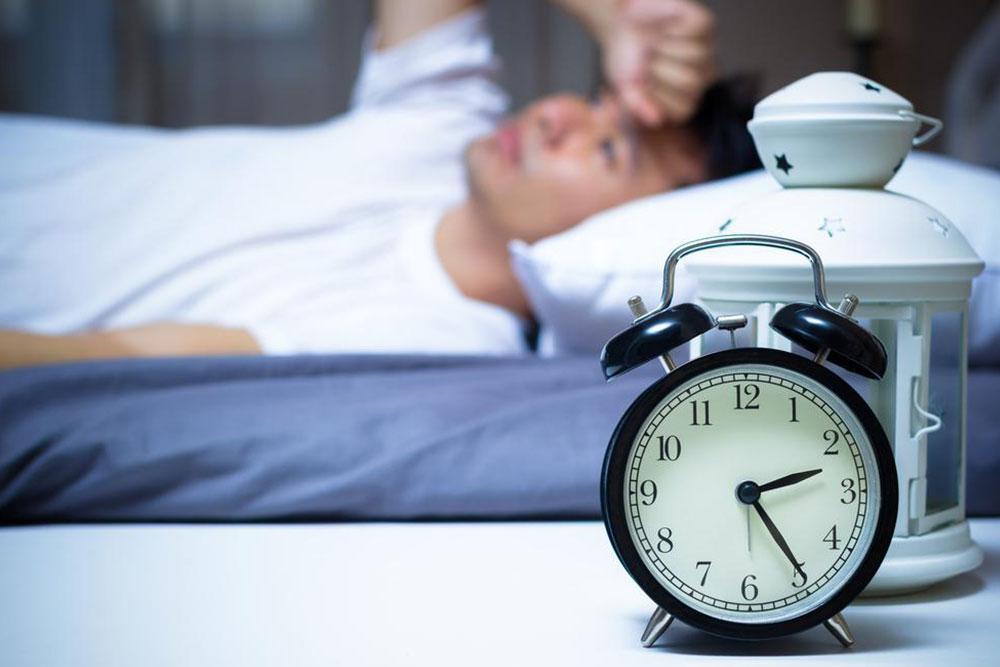
Signs, Causes, and Types of Sleep Disorders: A Comprehensive Guide
Sleep disorders arise from various factors, making it crucial to understand their triggers. Disrupted sleep patterns can severely affect daily functioning and, if left untreated, may pose serious health risks.
Common Indicators of Sleep Disorders
Signs often include:
Persistent Fatigue
Feeling constantly exhausted despite sufficient sleep is a primary symptom. Even with an ideal eight-hour rest, you may experience grogginess and low energy. Proper sleep involves cycles of deep and light sleep, essential for mental and physical recovery.
Breathing Interruptions
Partners might notice loud snoring or episodes where breathing temporarily stops. These may be symptoms of sleep apnea, a serious condition that can have dangerous health implications.
Daytime Sleepiness
Excessive daytime drowsiness, including dozing off during work or driving, signals underlying sleep issues. Persistent episodes lasting over a month require medical attention.
Additional signs include existing medical conditions such as depression, chronic pain, or restless leg syndrome, which can interfere with sleep cycles. Proper diagnosis involves identifying the root cause.
Causes of Sleep Disruptions
Respiratory Problems and Allergies
Upper respiratory infections, allergies, or colds can obstruct nasal breathing, leading to sleep disturbances.
Frequent Nighttime Urination
Conditions like urinary tract infections or hormonal imbalances cause nocturia, disrupting sleep. Urination issues accompanied by pain or bleeding require urgent medical consultation.
Chronic Pain
Persistent discomfort from conditions such as arthritis or fibromyalgia can hinder falling asleep or cause frequent awakenings, sometimes worsening sleep quality.
Psychological Factors
Stress and anxiety can impair sleep, leading to nightmares, sleepwalking, or talking during sleep, affecting overall rest.
Types of Sleep Disorders
Insomnia
Difficulty falling or staying asleep, often linked to stress, hormonal imbalances, or other health issues, diminishes quality of life by causing irritability, weight gain, and concentration problems. Chronic insomnia lasts over a month; episodic or transient forms are also common.
Sleep Apnea
Breathing pauses during sleep reduce oxygen intake and may cause abrupt awakenings, demanding immediate medical attention.
Parasomnias
Abnormal sleep behaviors like sleepwalking, talking, grinding teeth, or nightmares fall into this category, affecting sleep quality and safety.
Restless Legs Syndrome
This condition produces an irresistible urge to move legs accompanied by sensations like tingling, often worsening at night but also occurring during the day. Its causes are not fully understood but are associated with neurological conditions like Parkinson’s.
Narcolepsy
Characterized by sudden sleep attacks during the day, excessive fatigue, and episodes of sleep paralysis, sometimes linked to neurological disorders such as multiple sclerosis.

